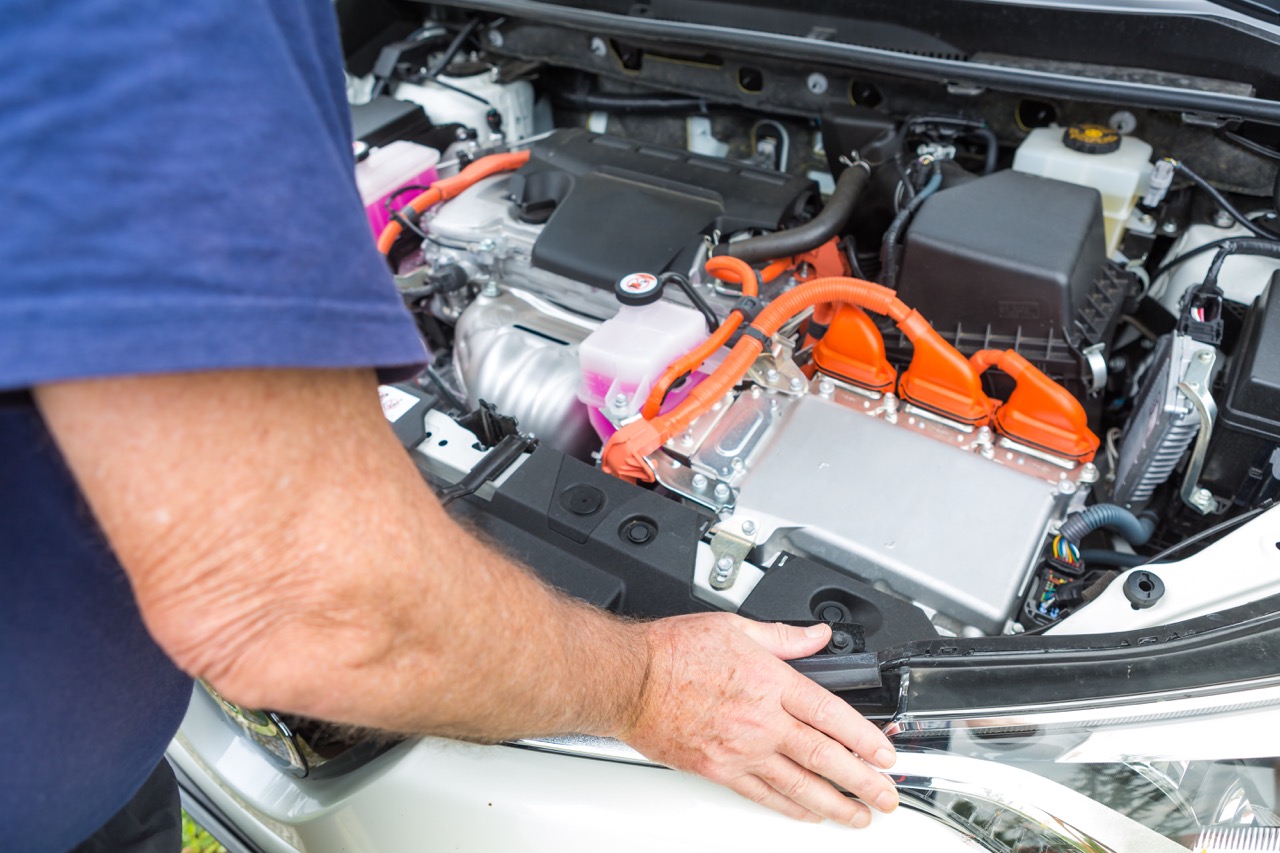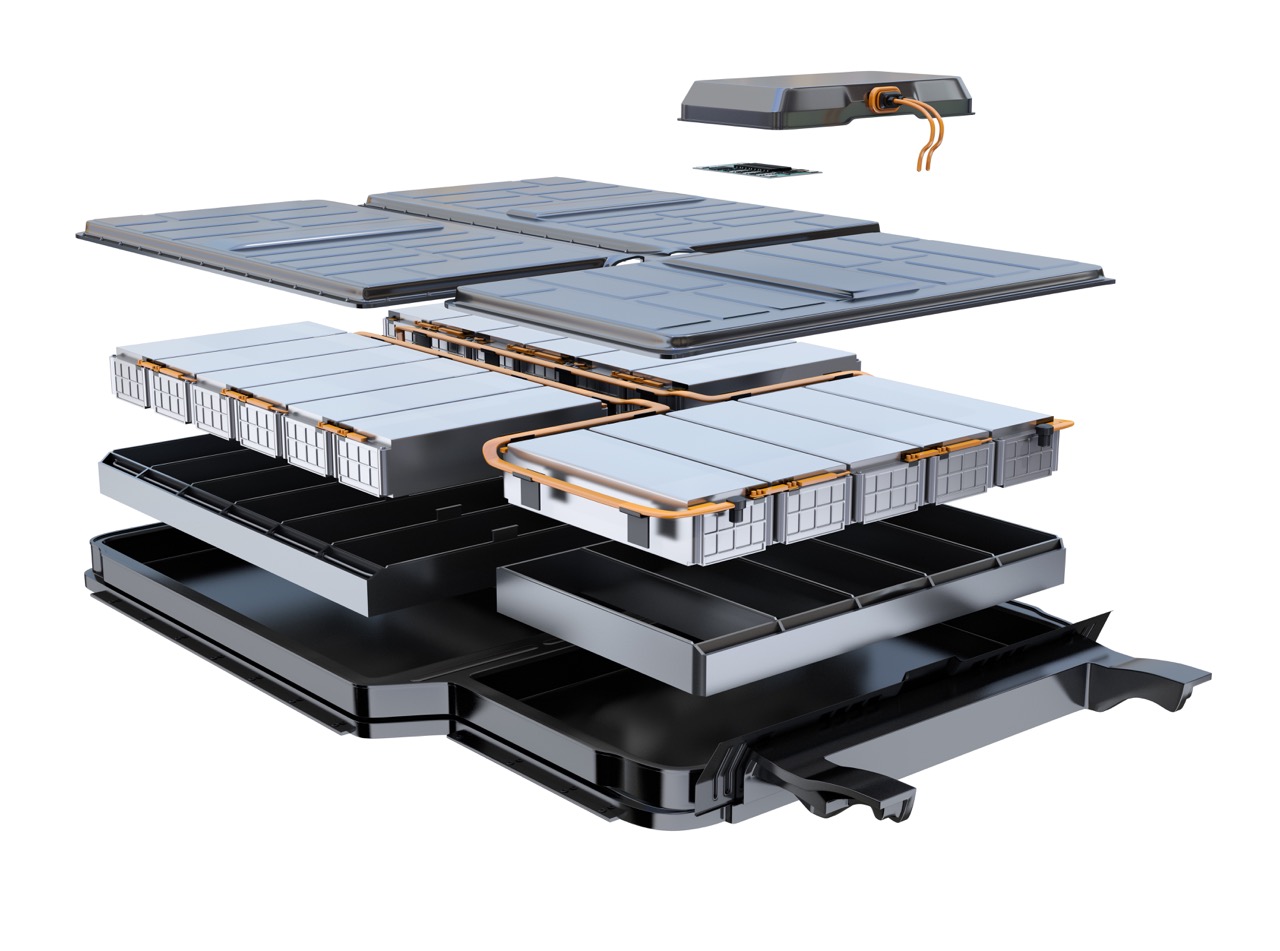
If you’re thinking about buying an electric vehicle, or if you already own one, it’s important to know what kind of repairs they may need. Here are some of the most common electric vehicle repairs and concerns drivers have.
Battery Replacement in EVs
Replacing the battery of an electric vehicle (EV) is like changing a heart in a human body: necessary for it to continue and remain operational. Fortunately, batteries used in almost all electric vehicles are reliable and last for a long time. However, eventually, a new battery will need to be purchased and replaced – a complex task that may seem intimidating without professional help. For those who prefer to do their own repairs, replacing an electric vehicle’s battery can be relatively simple with proper research and preparation. If you’re not quite ready to start tinkering under the hood of your car, there are plenty of knowledgeable professionals available who can help ensure everything is running reliably again.
Is changing the battery in an electric vehicle similar to changing the battery in a gas-powered vehicle?
No, changing the battery in an electric vehicle is quite different from changing the battery in a gas-powered vehicle. This is because most electric vehicles use specialized high-voltage batteries that require extra precautions to ensure safety during installation. Additionally, some components may need to be removed to access the battery, which can also make replacing it more challenging than switching out a conventional car battery. Before attempting any repairs on your own, it’s always best to seek professional help for your safety and for the longevity of your car.
Replacing the Motor in an Electric Vehicle
Replacing the motor in an electric vehicle doesn’t have to be a daunting task. In fact, if done smartly, it can be as easy as changing a lightbulb! All you have to do is properly diagnose the issue with the original motor and choose the right replacement model that best fits your needs. With a few tools and some patience, it’s totally possible to replace the motor on your electric vehicle without relying on experts or mechanic workshops – so don’t be afraid to roll up your sleeves and get the job done yourself!
Drivetrain Replacement in an EV
Replacing the drivetrain in an electric vehicle isn’t the same as tinkering around with gasoline-powered cars. Unlike traditional vehicles, electric cars require specialized tools, knowledge, and understanding of their sophisticated power system. Although it can be intimidating to tackle such a task, the rewards are worth it. Taking on a full drivetrain replacement means having a more efficient and powerful electric engine– guaranteeing that you’ll hit 60 mph in no time. Furthermore, replacing the drivetrain offers better performance and longer battery life. To ensure your repair job is done correctly and safely, we highly recommend working with a professional who has experience with electric vehicle repairs.
Common Suspension and Alignment Issues in Electric Vehicles
Just like traditional, gasoline-powered vehicles, a common issue experienced by those who own electric vehicles is suspension and alignment issues. These can be caused by uneven pressure on the vehicle’s tires, any rough terrain the car might have to navigate, or even a mechanical malfunction in the vehicle’s components. Whatever the cause may be, electric car owners need to pay attention to signs of suspension and alignment trouble as it can be dangerous if left unchecked. Fortunately, resolving these issues is usually relatively straightforward and can be done quickly in most cases with help from a qualified mechanic at Master AutoTech.
How Long Does a Charge Last in an EV?
It is often said that electric vehicles are revolutionary, but one of their most important features can be summed up in two words: charge time. Although not technically a repair issue with an EV, it’s an important maintenance component to be aware of.
Even the most expensive and advanced models lack the ability to go practically anywhere on a single charge, and customers should bear this fact in mind when considering purchasing an electric vehicle. So, how long does a charge last? It can depend on how you drive and the specs of your model – but typically you will get anywhere from 80 to 300 miles from each full charge, depending on battery type, size, terrain, and speed. So whenever you’re thinking of charging up your electric car, keep in mind that journey times may be a little longer than usual as you make scheduled stops to recharge.
Related Posts
As an EV owner, understanding your vehicle's battery is critical. From its capacity to its lifespan, and everything in between, we'll guide you through what you need to know to optimize your EV experience. So buckle up and get ready - we're about to shed some light on the electrifying world of EV batteries. What [...]
If your car is running hot, it can be a sign that something’s not right with your engine. Fortunately, diagnosing the cause of an overheating engine isn't too difficult if you know what to look for and how to address it. Keep reading if you want to learn the most common issues that occur when [...]
Your vehicle's exhaust system serves a critical role in managing the byproducts of the combustion process and ensuring optimal engine performance. The appearance of colored smoke from the exhaust pipe, either when stationary or accelerating, can provide valuable clues to underlying mechanical issues. What is a car exhaust? A car exhaust is a system [...]





